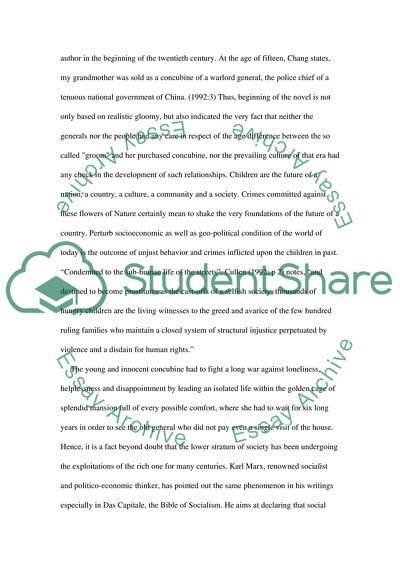Cite this document
(Story of Three Generations of Twentieth Century China Literature review, n.d.)
Story of Three Generations of Twentieth Century China Literature review. https://studentshare.org/literature/1712535-20th-century-chinese-history-book-analysis
Story of Three Generations of Twentieth Century China Literature review. https://studentshare.org/literature/1712535-20th-century-chinese-history-book-analysis
(Story of Three Generations of Twentieth Century China Literature Review)
Story of Three Generations of Twentieth Century China Literature Review. https://studentshare.org/literature/1712535-20th-century-chinese-history-book-analysis.
Story of Three Generations of Twentieth Century China Literature Review. https://studentshare.org/literature/1712535-20th-century-chinese-history-book-analysis.
“Story of Three Generations of Twentieth Century China Literature Review”. https://studentshare.org/literature/1712535-20th-century-chinese-history-book-analysis.


